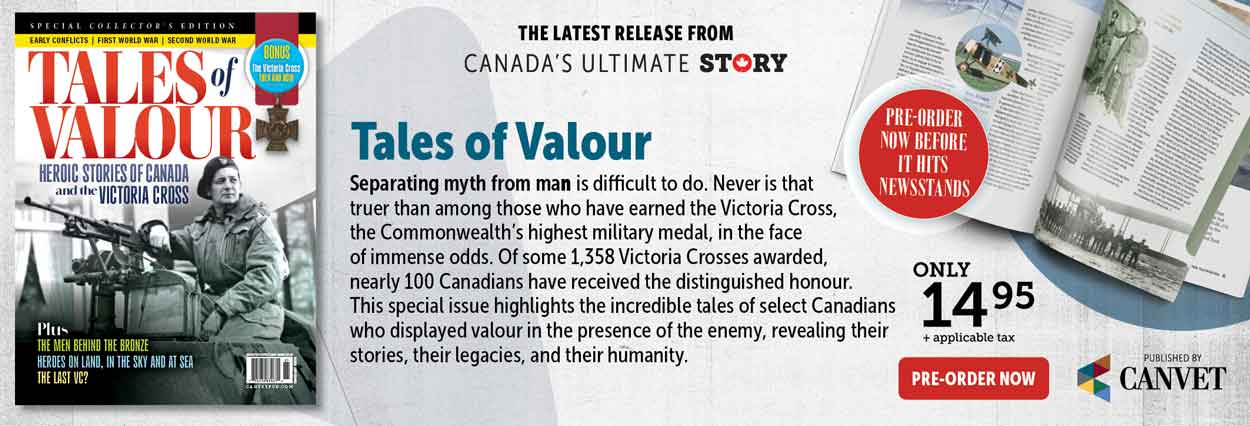It may only have been a penny, but it made me feel rich, that ‘copper’ as Granddad called it, clutched in my pudgy little fist. Would I get five jelly babies? A few hot cinnamon candies? Gum? Or could I use my gap-tooth smile (feminine wiles of the first grader) to persuade the shopkeeper to give me one of each?
It’s hard not to tear up with nostalgia at the news the Canadian penny has begun passing into history. The Royal Canadian Mint has stopped distributing pennies, their cost to produce having overtaken their worth. The mint is now collecting the coins, and expects eventually to recover 82 million kilograms of metals for recycling. Since 1908 some 35 billion had been produced.
The penny is a perfect example of the discrepancy between value and worth. Pennies may no longer be worth the cost of making them, but they have produced memories beyond value. Aside from the delights of the candy counter it’s provided many cheap thrills. The amazement at a thin copper smear on the railway track. The anticipation while twisting the handle on the gumball machine. Feeling hip when sliding one into that special slot on new loafers; the flush of self-reliance when using one to gauge the tread left on the tires of a car.
The Canadian penny predates Confederation (the first was produced by the Royal Mint in Great Britain in 1858), so we and our country have grown up with it. It’s enriched our language over such a long period of time that we’ve lost the origin of some penny-based sayings, like ‘the penny dropped.’ The first references were likely to the delay caused by the coin’s slow and noisy process through a release mechanism on devices that activated toys or dispensed prizes. Over time it came to refer to slow processing of ideas before understanding dawns. For example, the penny didn’t drop about discontinuing the coin until it reached 1.6 cents to produce.
As our pockets, purses, dresser drawers and coin jars empty, will our language become penniless too? Or will some terms enjoy longer useful lives than the coin itself?
Young people today are likely already mystified by such terms as ‘penny loafer’; ”penny dreadful,’ has been replaced by the much less elegant ‘pulp fiction.’ Already an anachronism is the term ‘spend a penny,’ which arose from the requirement to put a penny in a mechanism to unlock the door to a public toilet, first used at the Great Exhibition in London in 1851. The phrase continued even as the value of the required coinage rose across time and pay toilets became rare. The phrase is still used by people of the generation that believes saying you need to spend a penny is more genteel than announcing you have to use the toilet.
A paltry bet in a poker game, ‘penny ante’ is used now to describe something of insignificance. It certainly can’t be used to describe Canada’s rarest penny, the 1936 “dot penny;” one the three known to exist sold for $402,500 in 2010.
There. I’ve said my two cents worth as a witness to this bit of unfolding history. Penny for your thoughts?
Advertisement




















